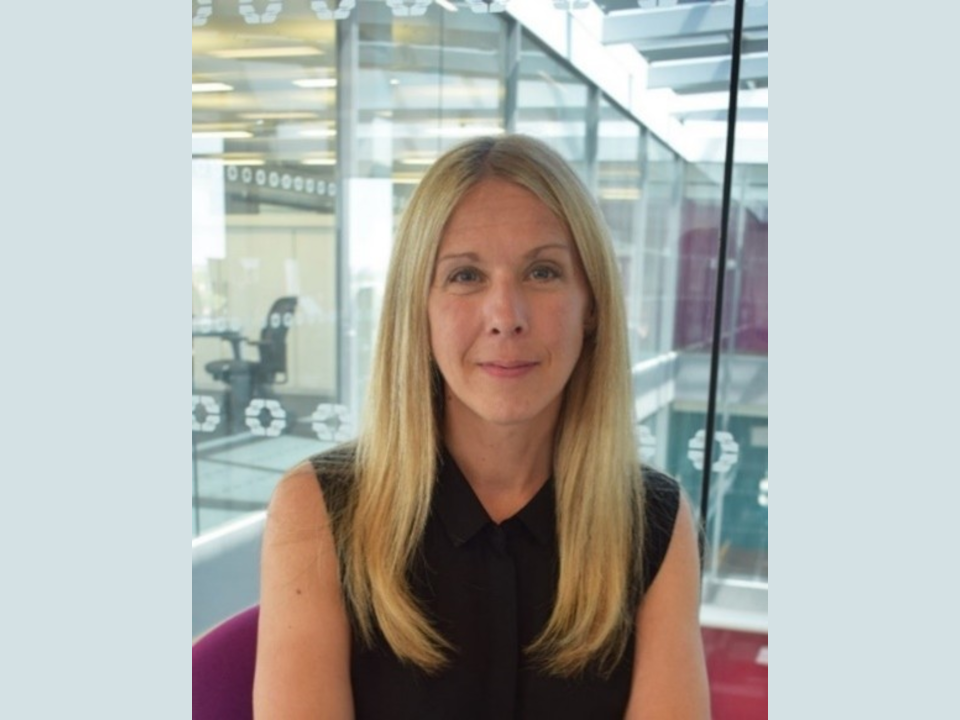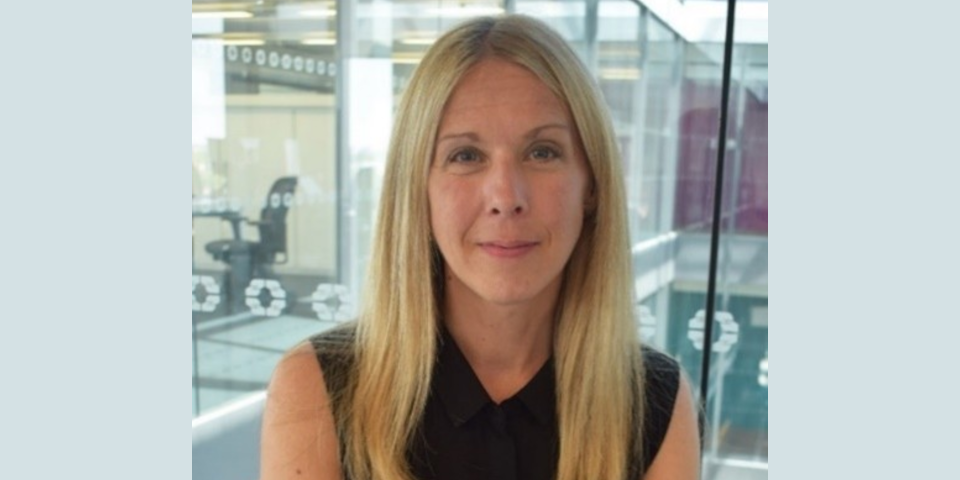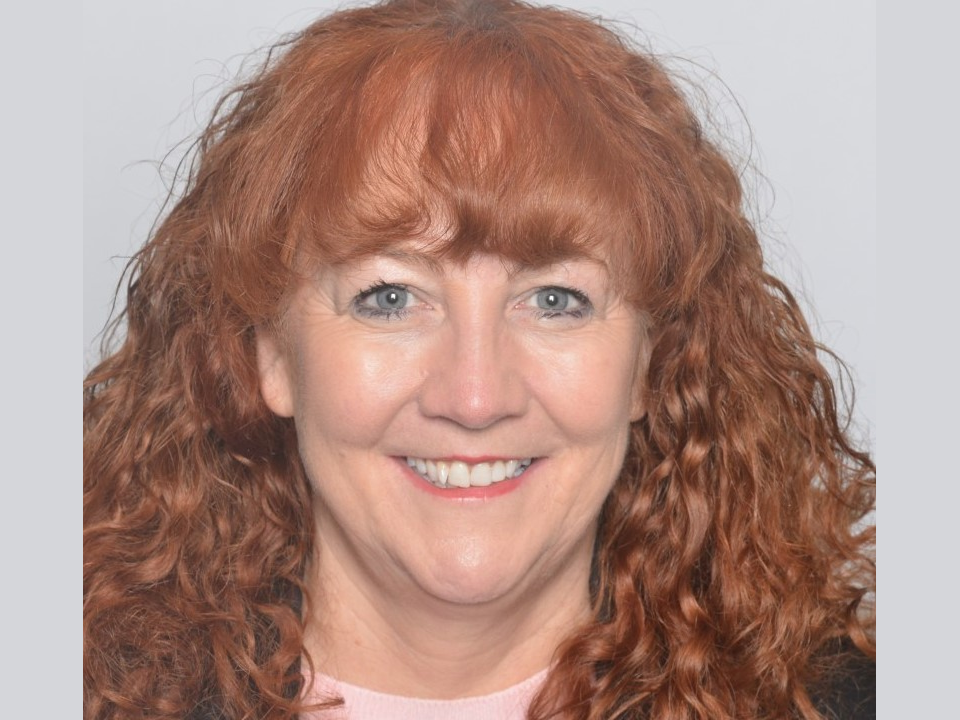
Becca Dove
Vice Chair of the ADCS Families, Communities and Young People Policy Committee
Head of Children and Learning Transformation
Camden London Borough Council
A new and welcome set of principles for working with parents landed in the 2023 Working Together to Safeguard Children revisions. Here, for the first time in a long time, were expectations for practitioner relationships with parents to sit alongside expectations for practitioner relationships with children.
That the guidance says we 'should' do these principles is not quite as loose as it sounds. Saying in statutory guidance that relationships must be a certain way assumes that guidance can mandate how relationships work. It can't. Relationships are often messy, complicated, prone to rupture and repair. Because they’re, well, human.
Much of the literature on relational services says although relationships can't be designed, they can be enabled. As a sector, we've leaned heavily on relational practice as an enabler. Important, for sure. But what about the everyday environments in which that practice occurs? As the inimitable Dez Holmes, Director at Research in Practice, said to me recently, citing the equally inimitable Professor Eileen Munro, “roses can't grow in concrete”.
The concrete in this case is the infrastructure we build around practice. The stuff we take for granted. The invisible water we swim in. It’s the way we run meetings, the emails or Teams messages we write, the methods we use to design services, the performance measures that get our attention, and the HR processes we follow. It’s the language we use in policies and letters, how we structure audits, the prioritising (or not) of feedback from children, parents and staff (and more importantly, what we do with it).
All these everyday things will drive behaviours, norms and beliefs. They influence whether the human-to-human relationships we exalt can flourish or flounder. And they are the bit of relational culture we tend to pay less attention to.
It’s not just our sector pondering this, either. See this recent piece from Nesta's James Plunkett on future state capacities and relational institutions. Or the thoughtful analyses by Marc Stears and Geoff Mulgan of relational states. As we witness in children’s services every day, 21st century problems are too big, too complex and too interdependent to think a relationship between two people is enough to solve them. Our whole system architecture will need to be thoughtfully and deliberately designed to enable relationships and collective problem solving, not push against them.
It feels more important than ever for children’s services to come together and unpick what a 21st century relational institution looks like. Camden’s new centre for relational cultures in public services launching this month will hopefully make a contribution to that. Relational practice will surely thrive best if it has the relational infrastructure to support it.
Perhaps more importantly, making important ideas - like the working with parents principles - a reality is going to need more than just practice model roses. It needs the concrete replacing with compost.





